Climate Action Network (CAN) Europe is Europe’s leading NGO coalition fighting dangerous climate change. We are a unique network, in which environmental and development organisations work together to issue joint lobby campaigns and maximise their impact.
With over 180 member organisations active in 38 European countries, representing over 1,700 NGOs and more than 40 million citizens, CAN Europe promotes sustainable climate, energy and development policies throughout Europe.
In 2022, 11 new members joined our Network. We are proud to extend our work to Slovakia and to strengthen our membership in the Western Balkans and Central and Eastern Europe. While the EU is at the core of our work, we also reach beyond its borders. We carry out advocacy work in non-EU European countries. We also unite members from across Europe via our activities on international climate negotiations. Having a committed membership base that is informed, engaged and well represented is at the core of CAN Europe’s ability to succeed.
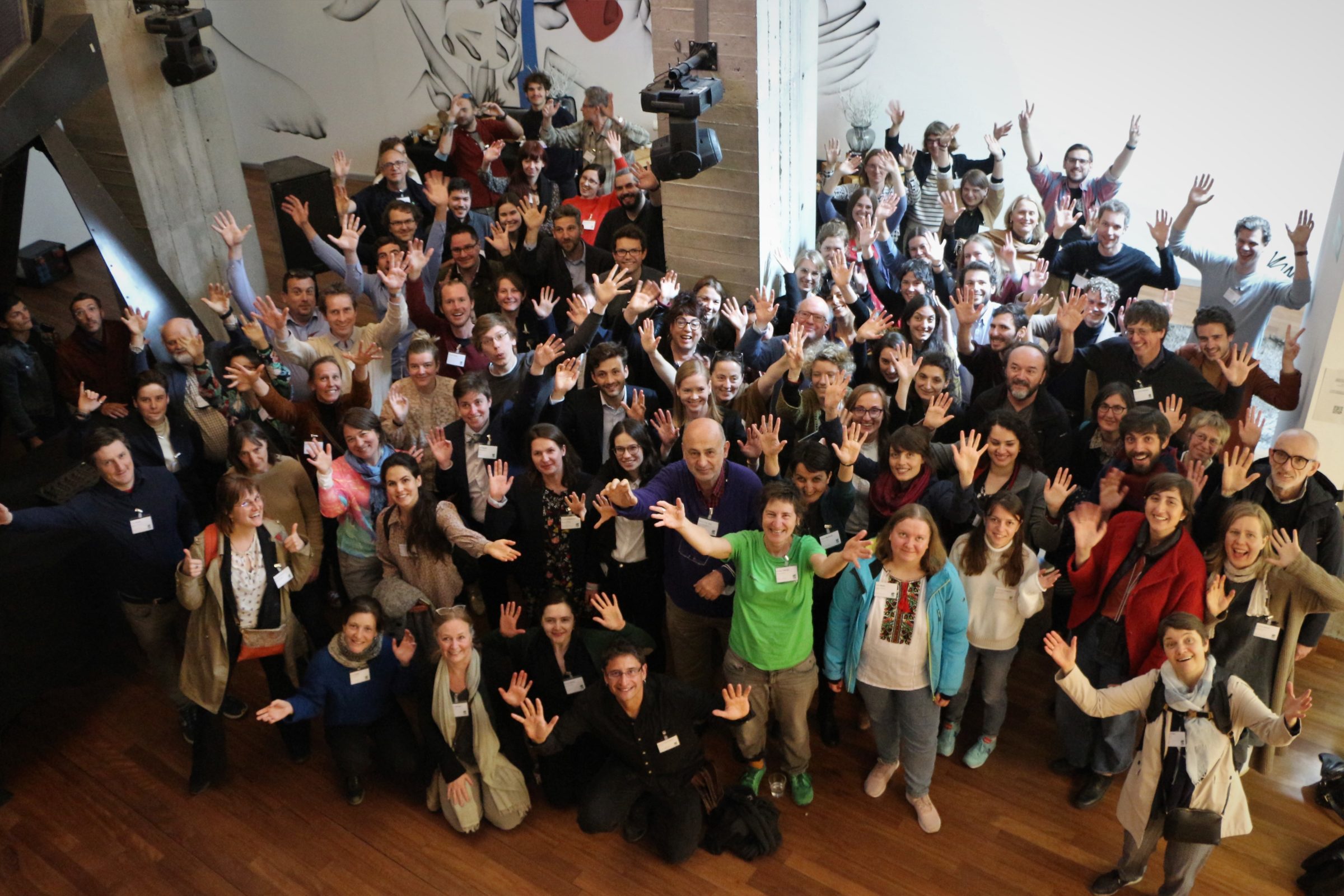
2022 saw a number of key moments and activities that were vital for reweaving human connections across our Network’s organisations both in Europe and globally.
In April, we held the first In-person Spring General Assembly since 2019 and it proved to be a wonderful week of workshops, events, and social moments that offered a chance to see colleagues from across the Network in a face-to-face setting, with the option to join remotely via high quality video-streaming. This was a good test of the post-Covid hybrid approach to our General Assemblies, and one we look forward to building on for 2023.
Throughout the year, we developed our new five-year Vision & Strategy which will be finalised for the Spring General Assembly 2023. Bringing members into the process at every stage was vital to ensuring we co-develop a strategy relevant for the entire network, and one capable of being owned by the membership.
2022 also saw us make impressive strides in our collaboration and solidarity across the global CAN network where we strengthened our relationships and ties with Global South colleagues. We also developed our connection with other CAN Nodes, including making our first contribution to the Node Development Fund that supports Nodes of Climate Action Network with the objective of ensuring a more balanced distribution of resources across the nodes.
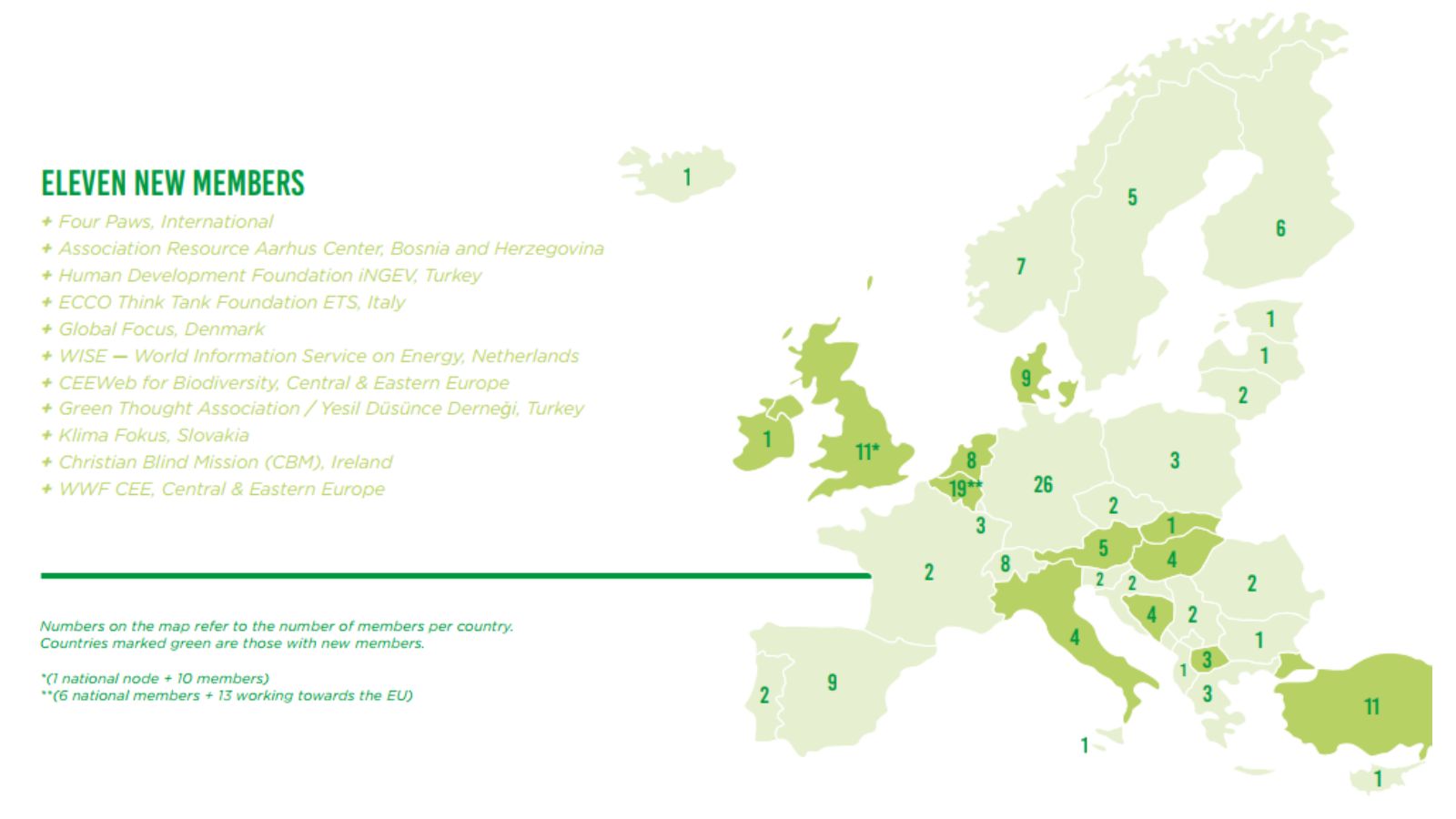
In 2022, CAN Europe launched “Europe Climate Connection”, a podcast that gives a voice to CAN Europe’s members, bringing their areas of expertise closer to other members and audiences. The 20 minute episodes present climate and energy challenges in a dynamic and engaging way, taking the public on a journey around Europe as they listen. From the promises and expectations tied to COP, to Ireland’s building renovation and heating decarbonisation, we learnt more about our members’ work and about the hot topics discussed around the continent.
So join us in our latest project and listen to our episodes on:
At CAN Europe we kicked off 2022 with a very clear agenda to focus on influencing the ‘Fit for 55’, the climate and energy legislative package to operationalise the European Green Deal. We asked for much higher ambition – a 65% reduction in emissions by 2030 – that would allow the EU a greater chance to limit the temperature rise to 1.5°C, keeping us all safer in a fit and fair way.
While we were still working on the aftermath of Covid on policy, funds and social impacts, trying to convey the many opportunities of a green recovery that reduces inequalities, Russia’s unjustifiable invasion of Ukraine took place in late February.
After the absolute shock in the first days of the war, which was strongly condemned by civil society including CAN Europe, it was clear that the brunt of the invasion was borne by millions of innocent civilians in Ukraine, and its repercussions were global. The invasion of Ukraine exposed Europe and the globe’s dangerous chronic addiction to fossil fuels. An addiction that not only jeopardises Europe’s energy security, and pushes many Europeans into energy poverty, but also harms the climate and our future.
Mainstream news, and conversations in the street, featured the need for a fast energy transition to a system totally run by renewables like never before. The war, energy price and the climate crises are all interconnected and together they point to a solution that climate-concerned civil society has long been advocating for: fewer fossil fuels and more solar and wind energy.
While the dreadful war in Ukraine added more reasons for policy-makers in Europe to step up and present bold policies, including under the ‘Fit for 55’ and the ‘REPowerEU’ plan, there were many contradictions and loopholes in some of the tabled proposals, hindering the real, quick and climate proof solutions: phasing out fossil fuels and investing in the energy transition.
With support of our members and allies we decried false solutions, like Europe’s focus on diversifying fossil fuel supplies and allowing Member States to invest EU funds in fossil gas. CAN Europe continued to criticise the overall lack of ambition in the legislative proposals while suggesting clear science-based pathways to keep us all safer. We continued to work with our members and partners on underscoring the social benefits that climate action and climate justice can bring, by tackling the root causes of many inequalities, including those created by climate change.
By the end of 2022, we were proud to see some improvements in the EU’s legislative proposals. However, there are still two big gaps: a lack of determination to phase out fossil fuels and end fossil fuel subsidies, and insufficient support for people during the fossil fuel crisis and in transitioning to renewables.
The EU’s commitment to reduce emissions continued to be off track in 2022. This was compounded by upsetting developments in the international climate negotiations at COP27
where finance for adaptation and mitigation made poor progress. However, a historic win thanks to a massive push from civil society was achieved: an agreement to create a fund to address the impacts of climate change bringing justice to developing countries that are particularly vulnerable to climate change.
Despite the war in Ukraine and soaring energy prices, fossil fuels still dominated policy discussions and policymakers didn’t dare to loudly and clearly blame them for the energy crisis.
We need to ensure people are protected from energy price hikes in the coming winters and seasons to come. More and more of us are affected by devastating climate catastrophes such as droughts, wildfires and floods, but their impacts are not felt equally. Some regions are more vulnerable to climate impacts, and people who suffer more inequalities also bear the biggest brunt. The IPCC and other scientific reports remind us of the urgency to act now; 2023 must be the year of implementation at EU and state levels, with all hands on deck to secure a safe present and future for all.
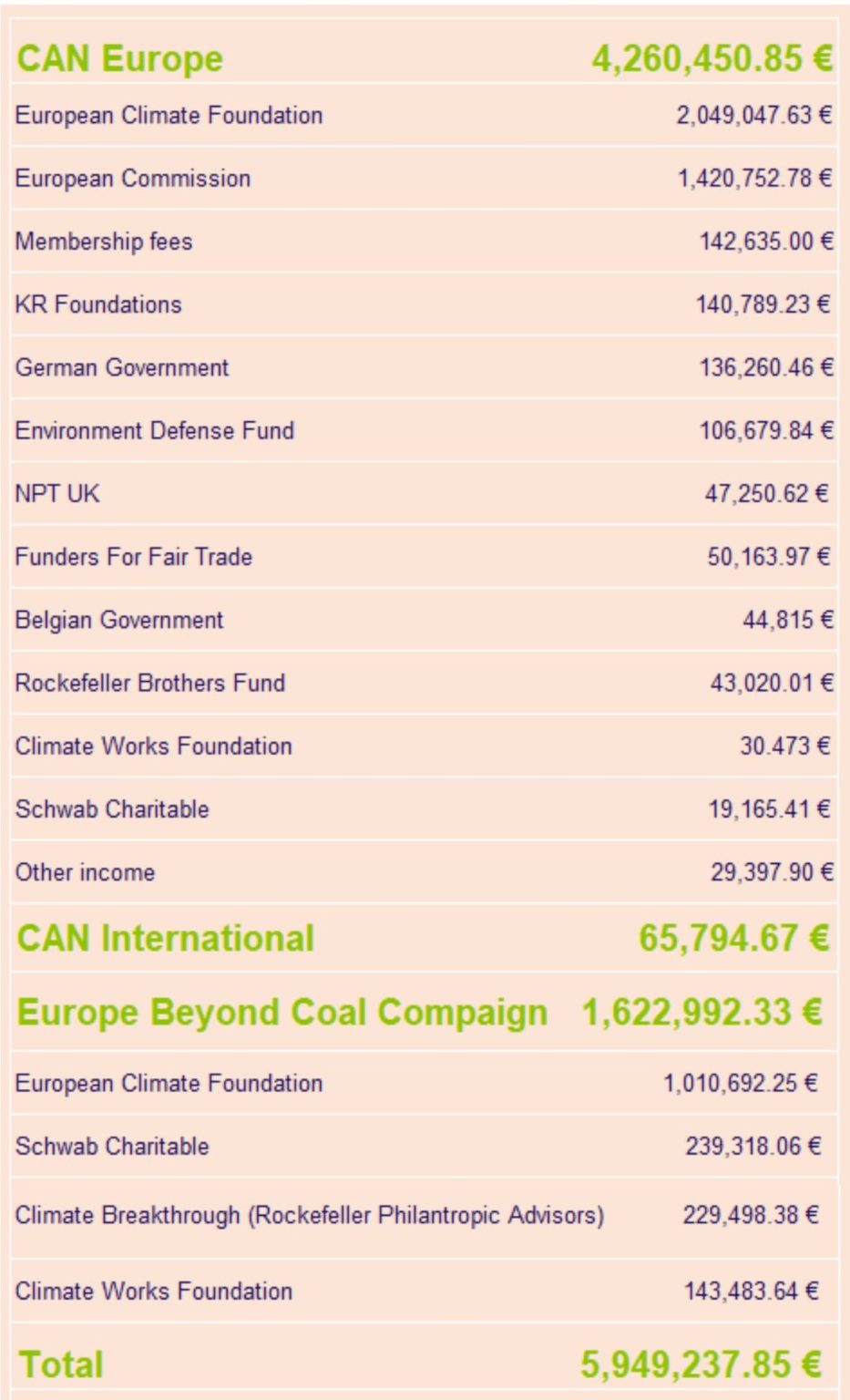
CAN Europe has a Board of Directors, which is appointed by its General Assembly. Elections for new Board members will take place in April 2023. In 2022, the Board was comprised:










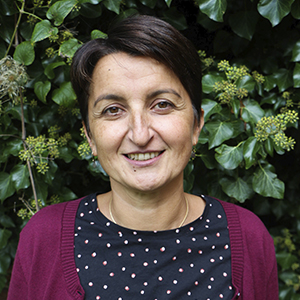


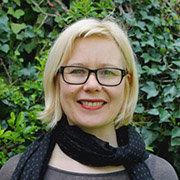
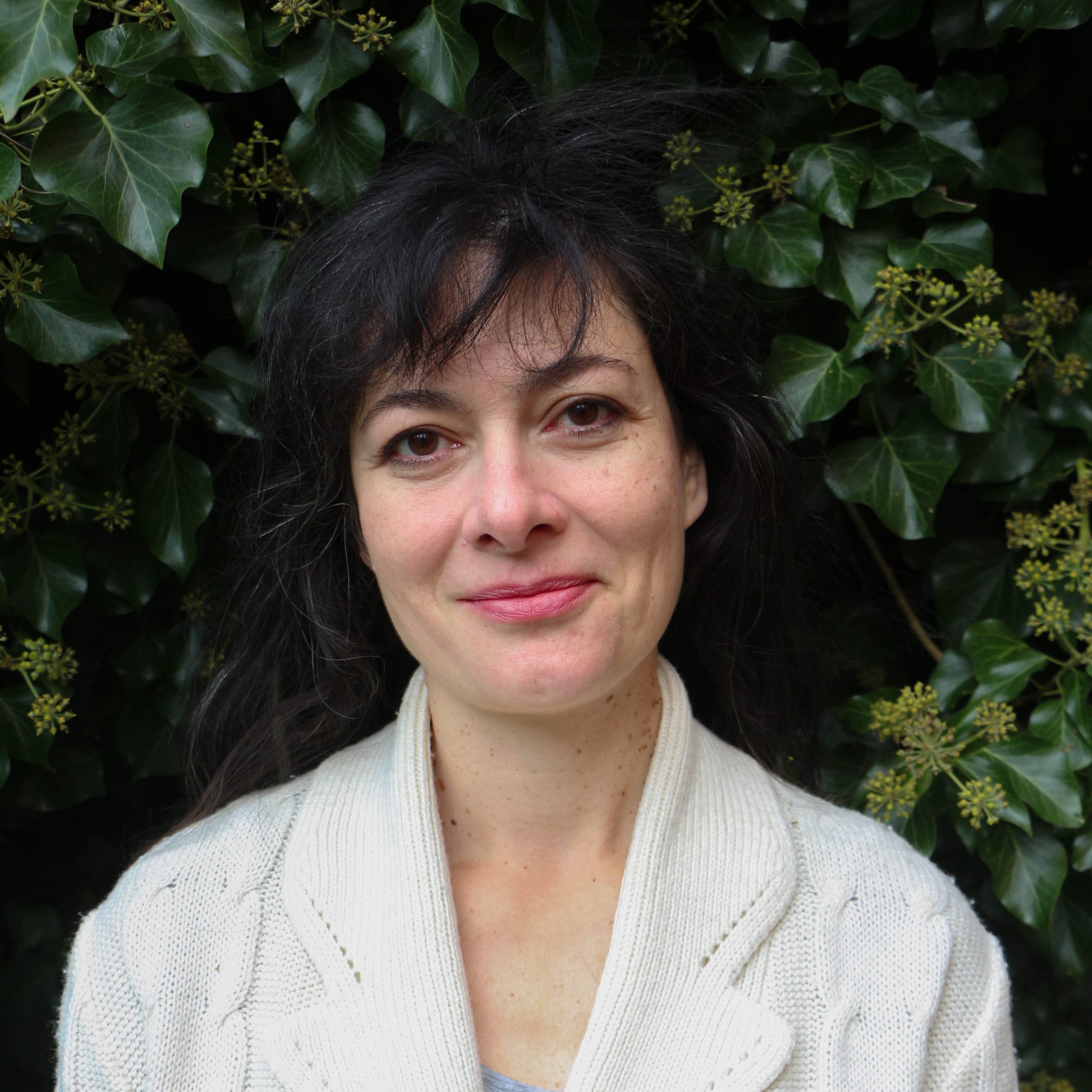




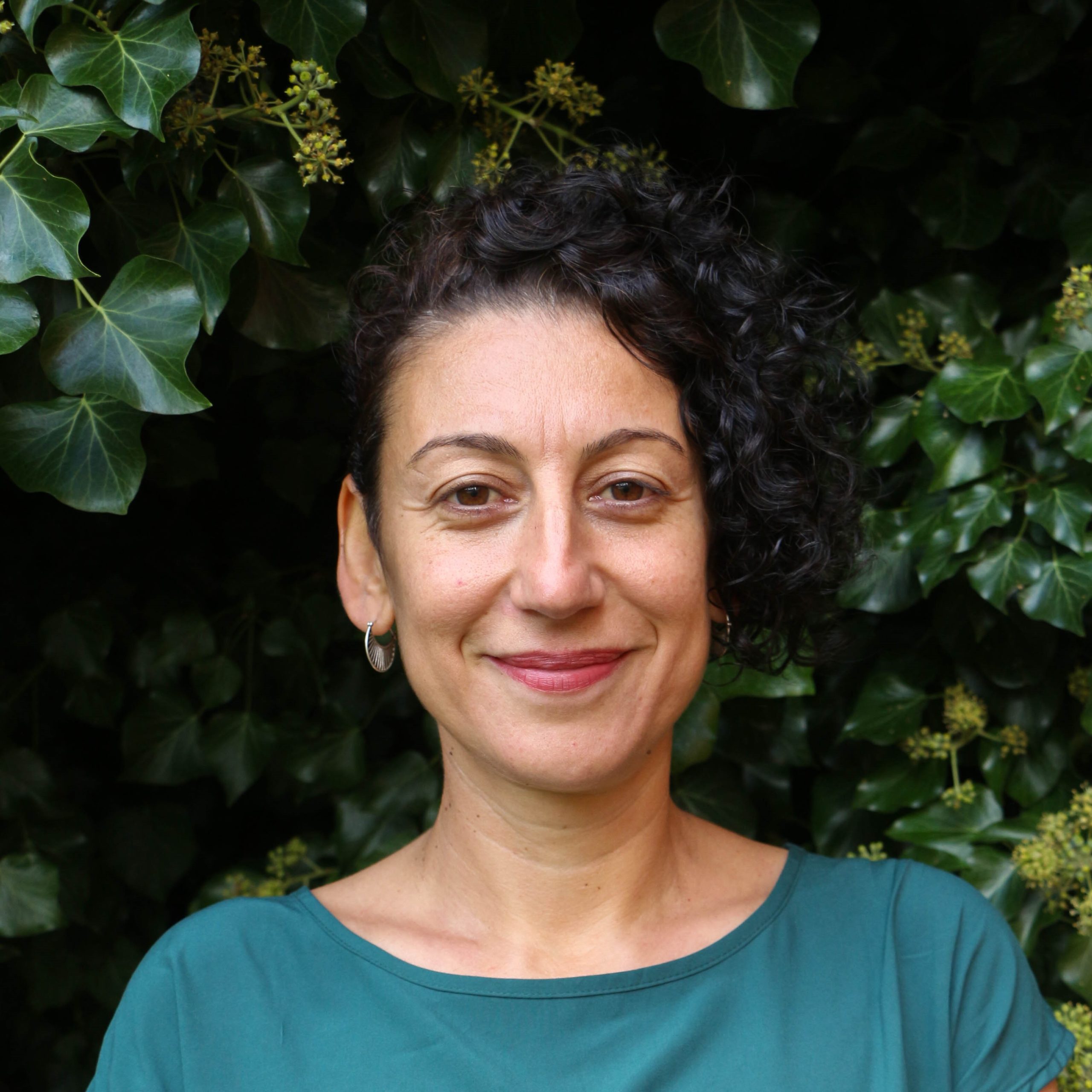
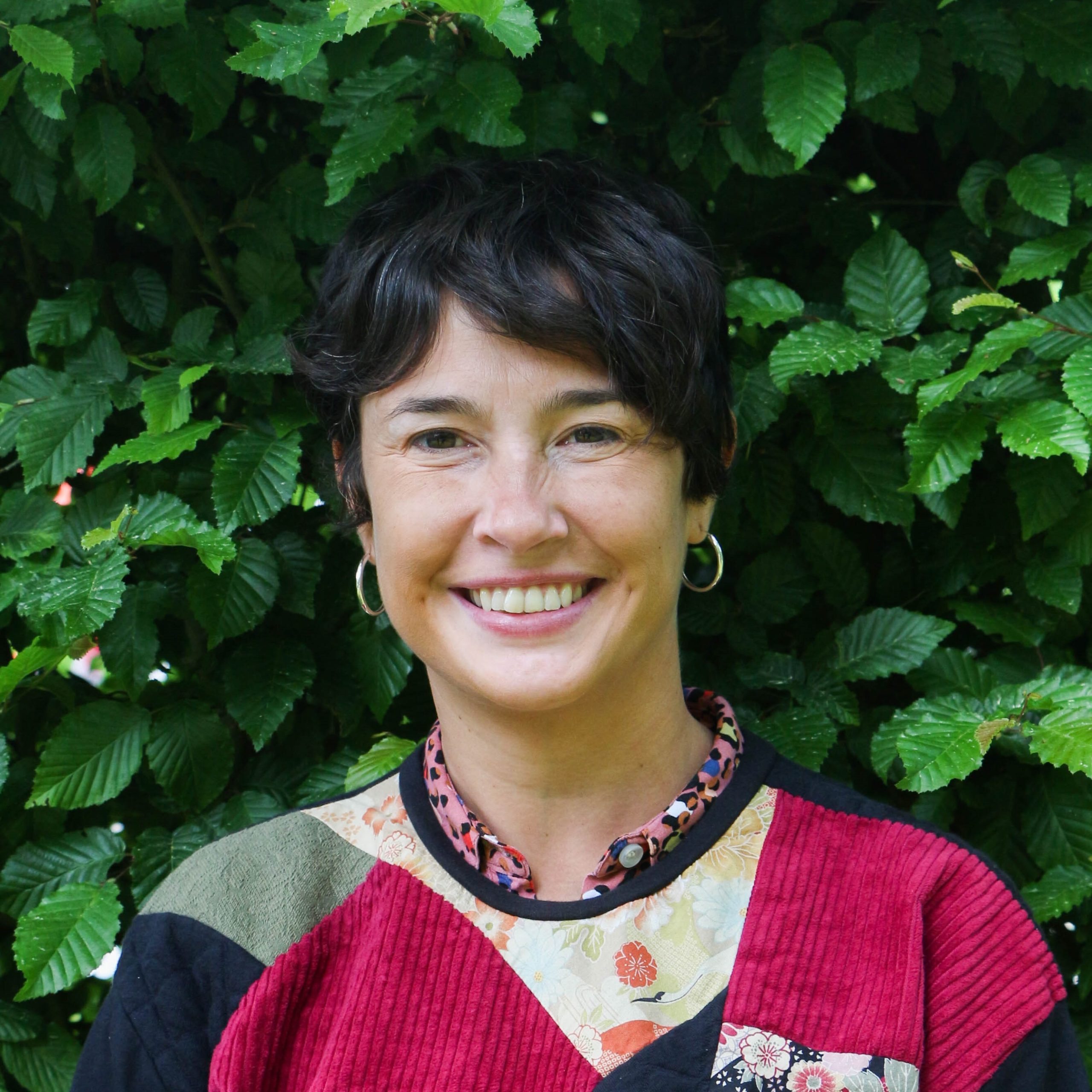
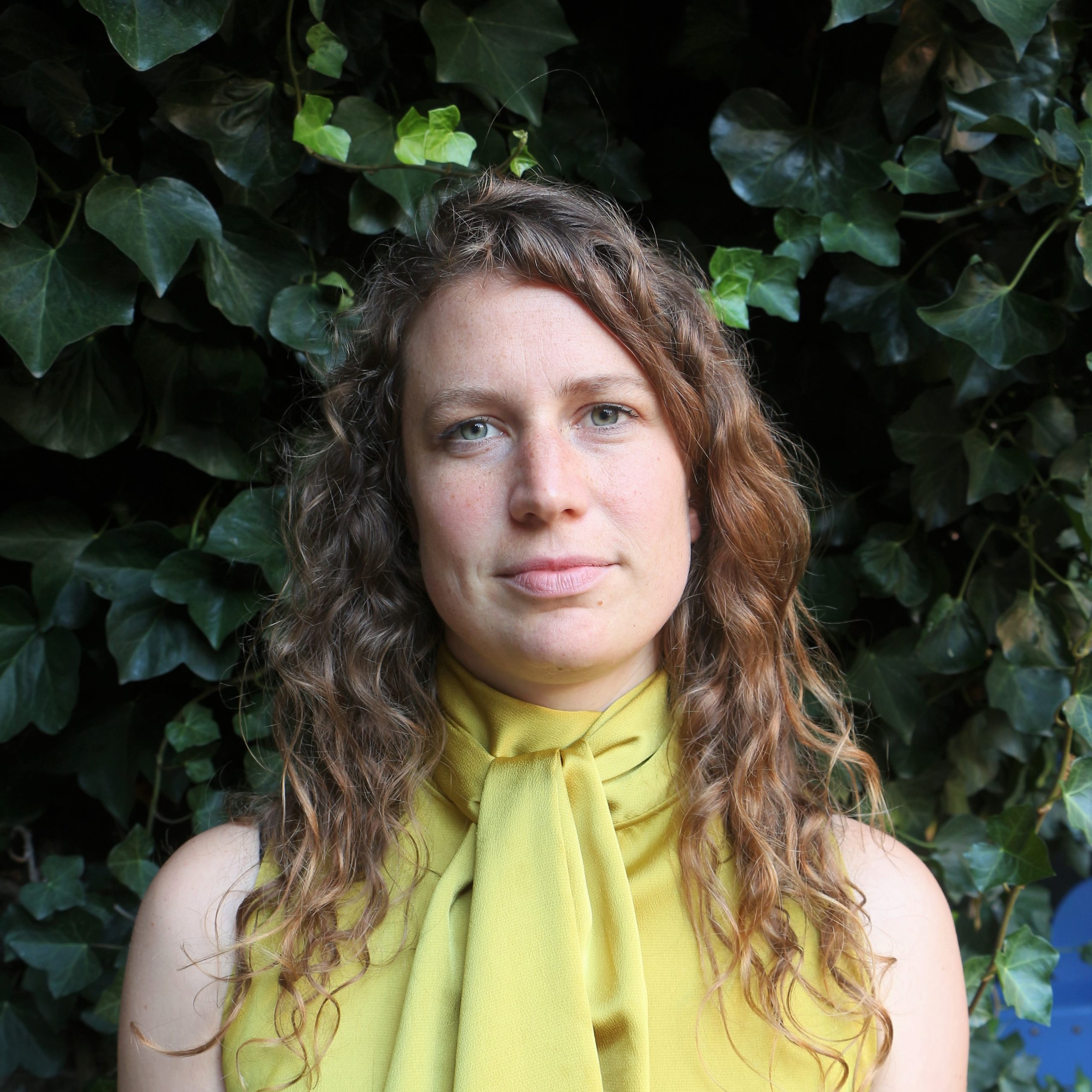
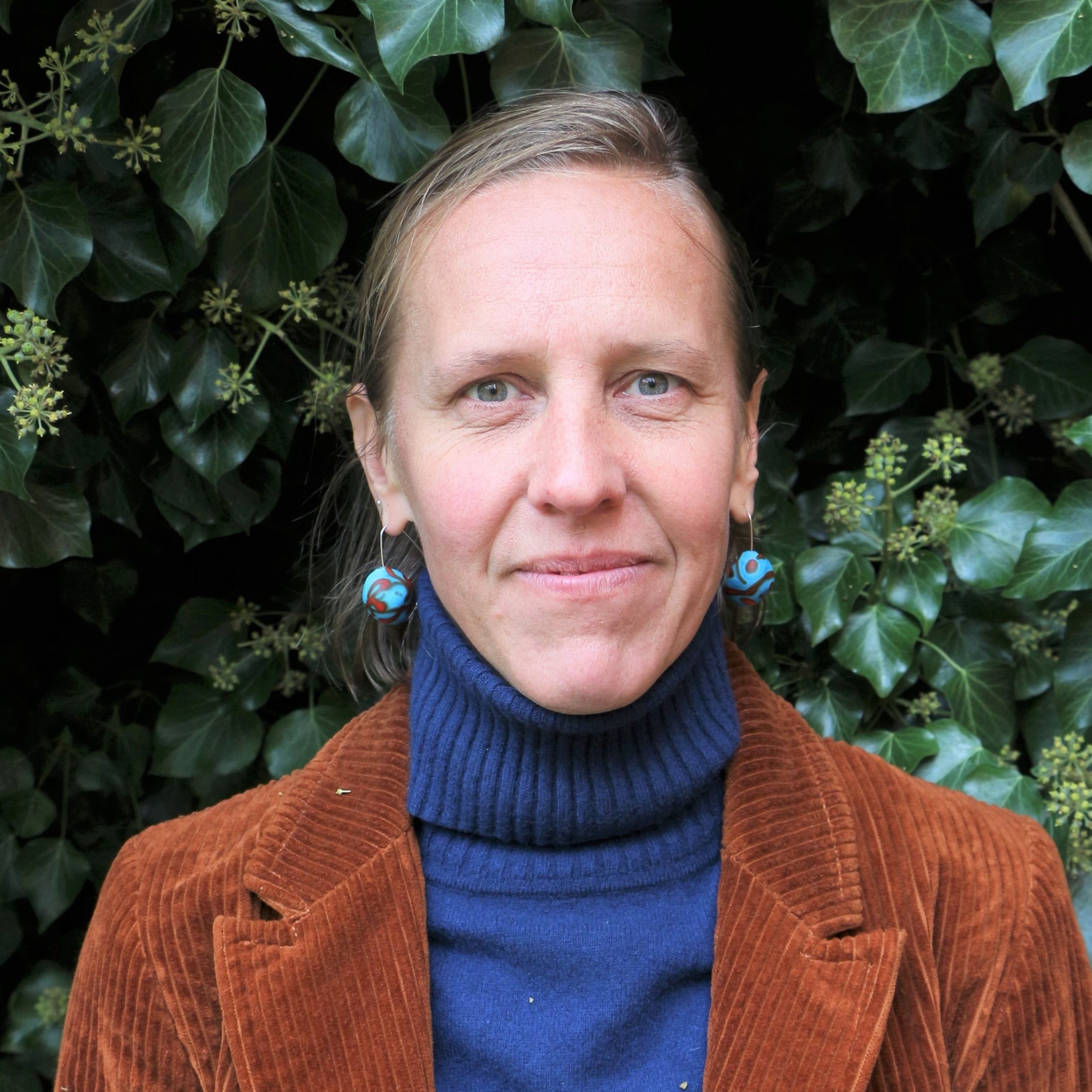
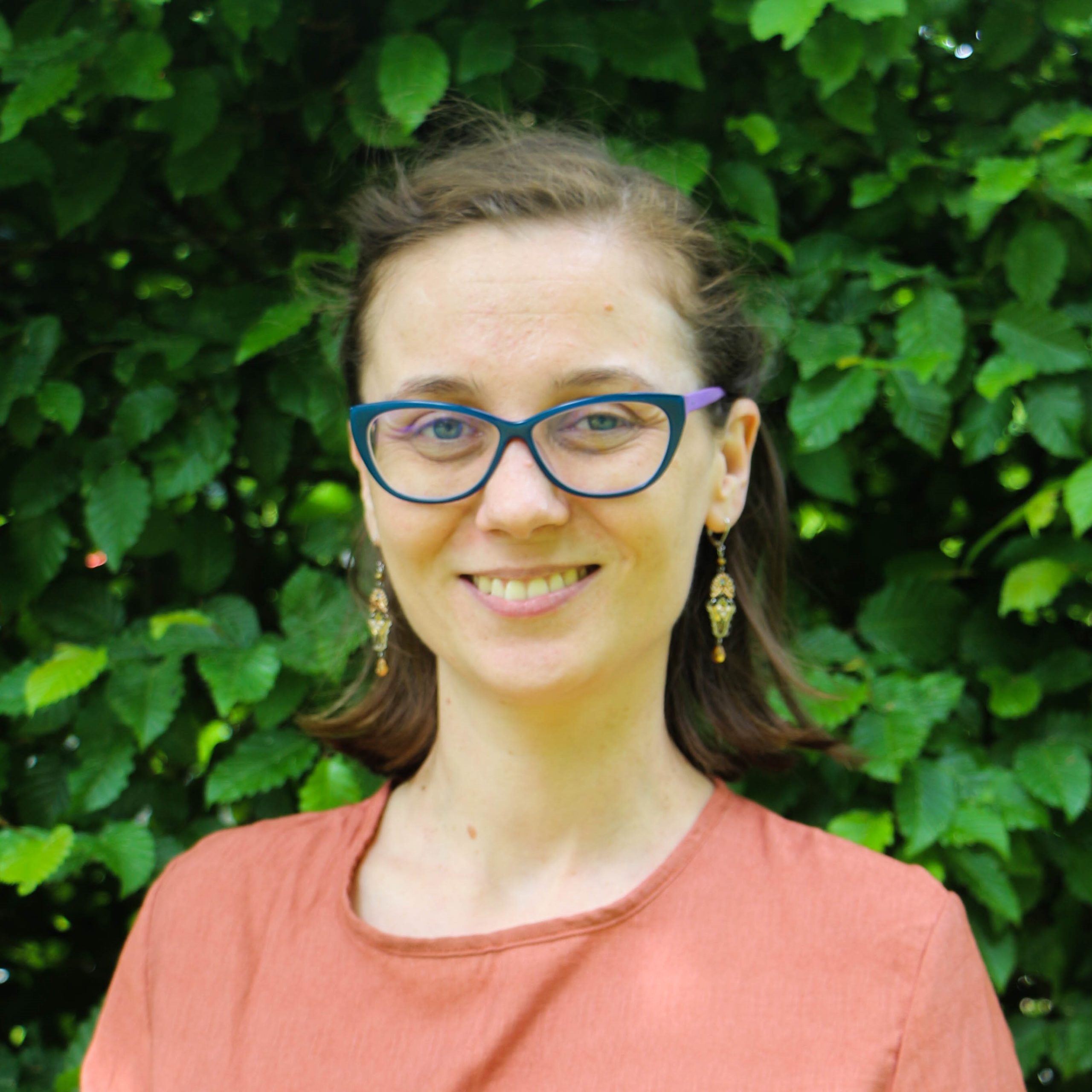

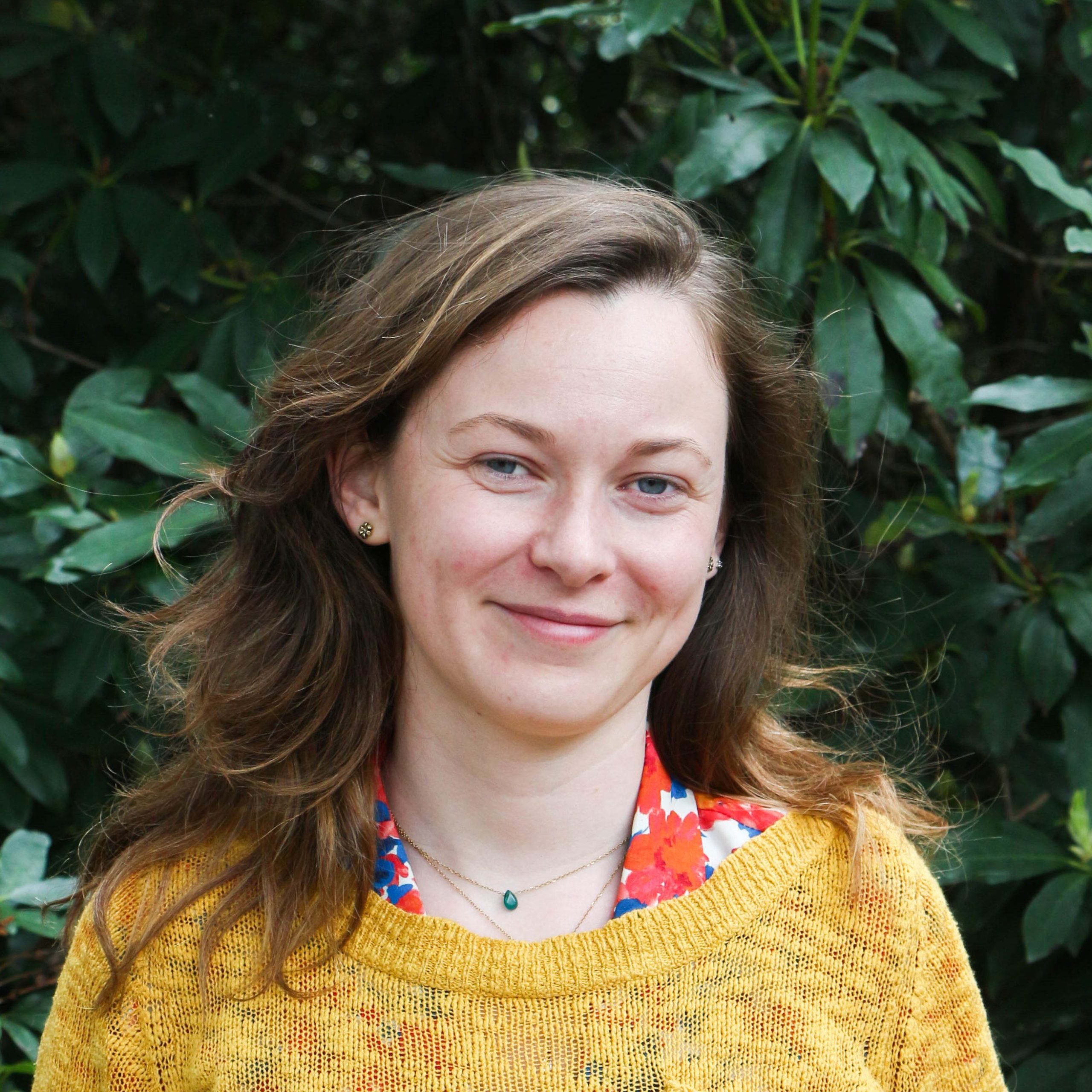
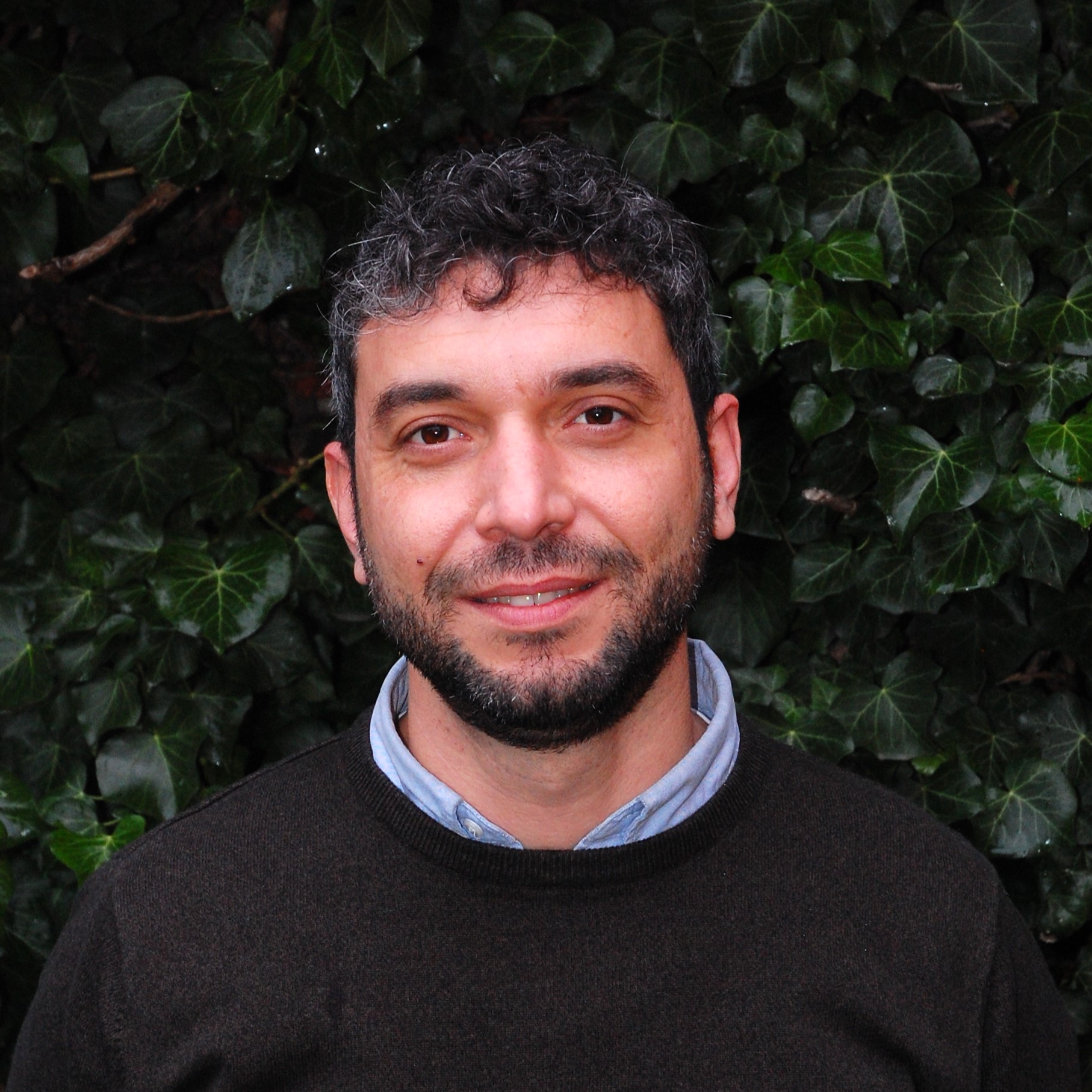
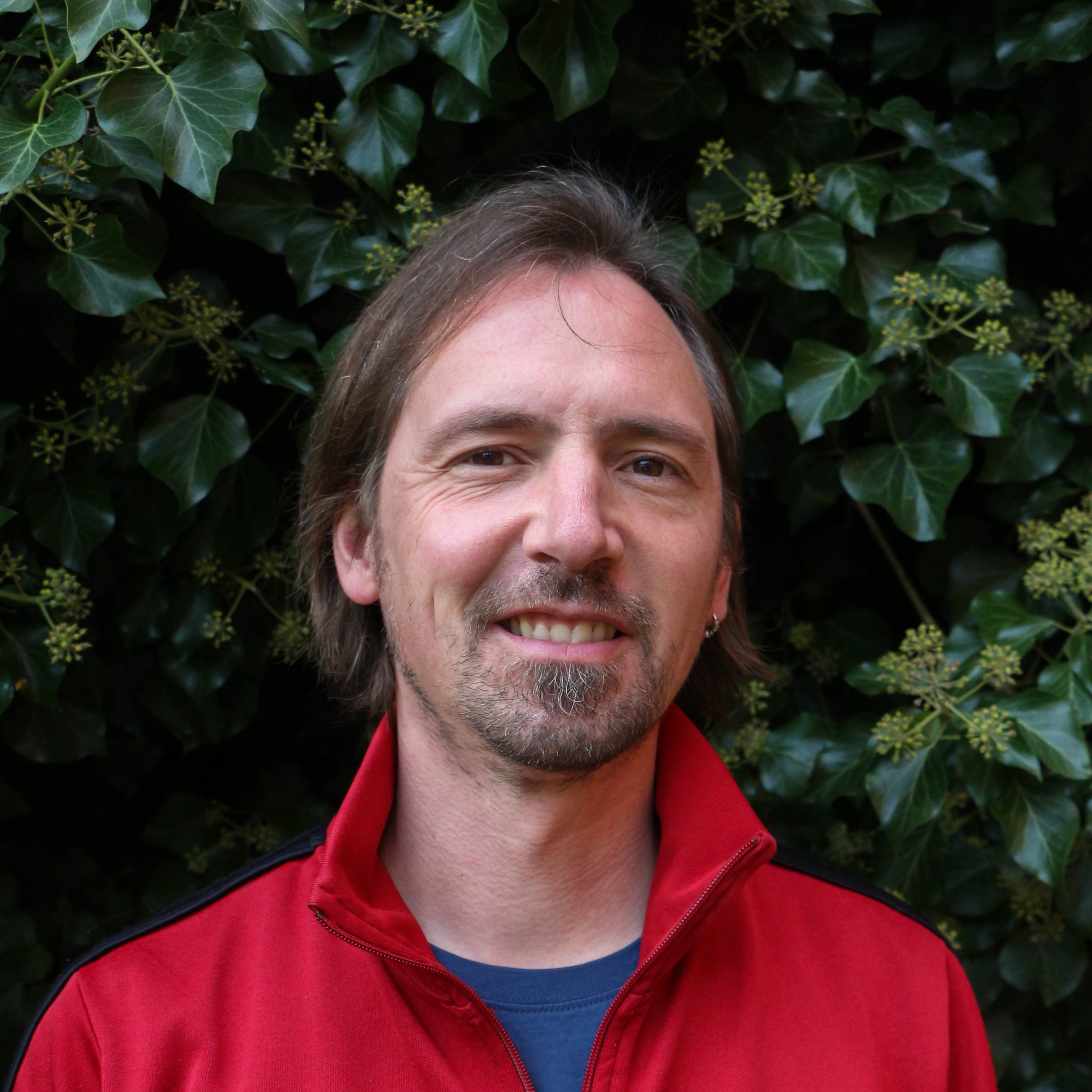
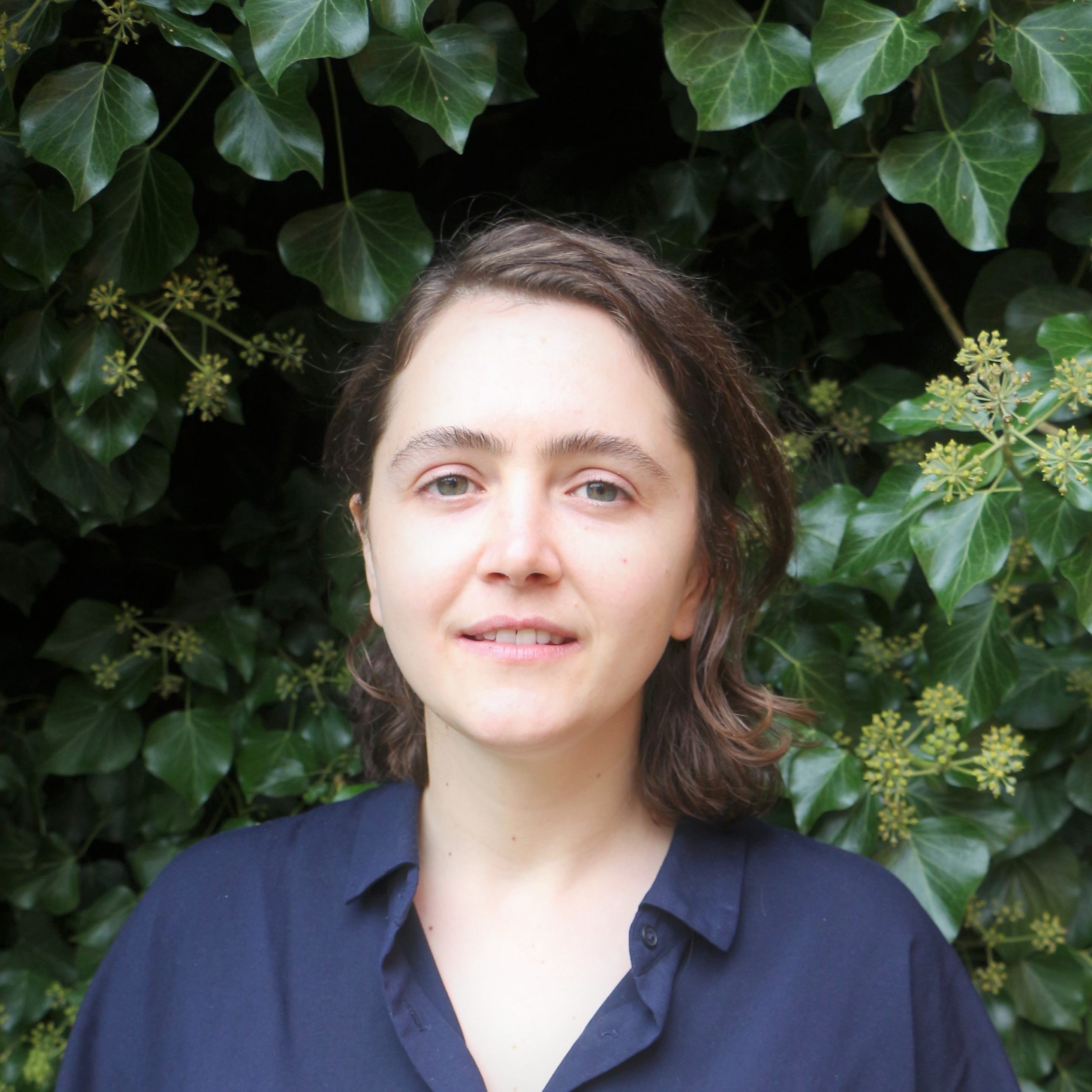
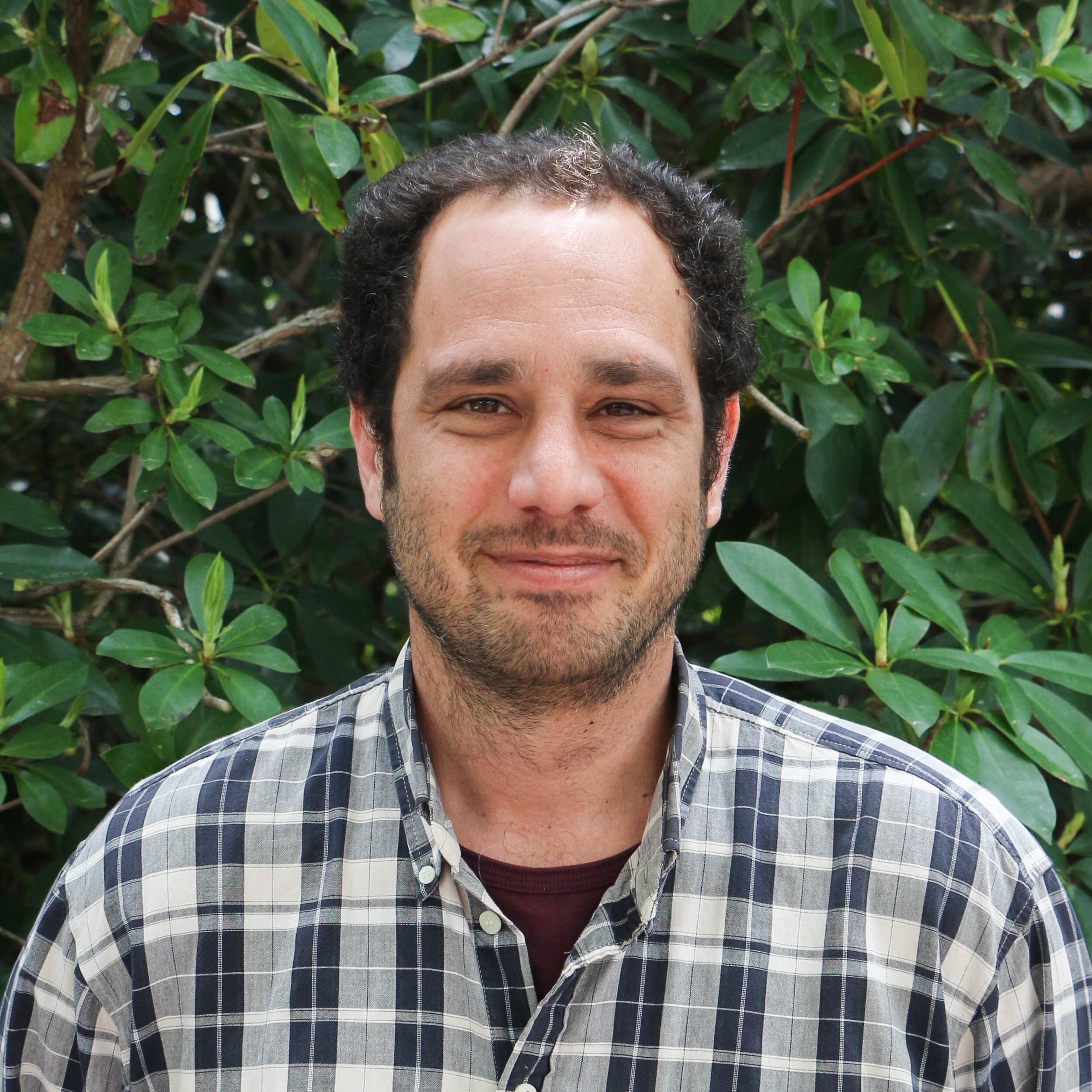
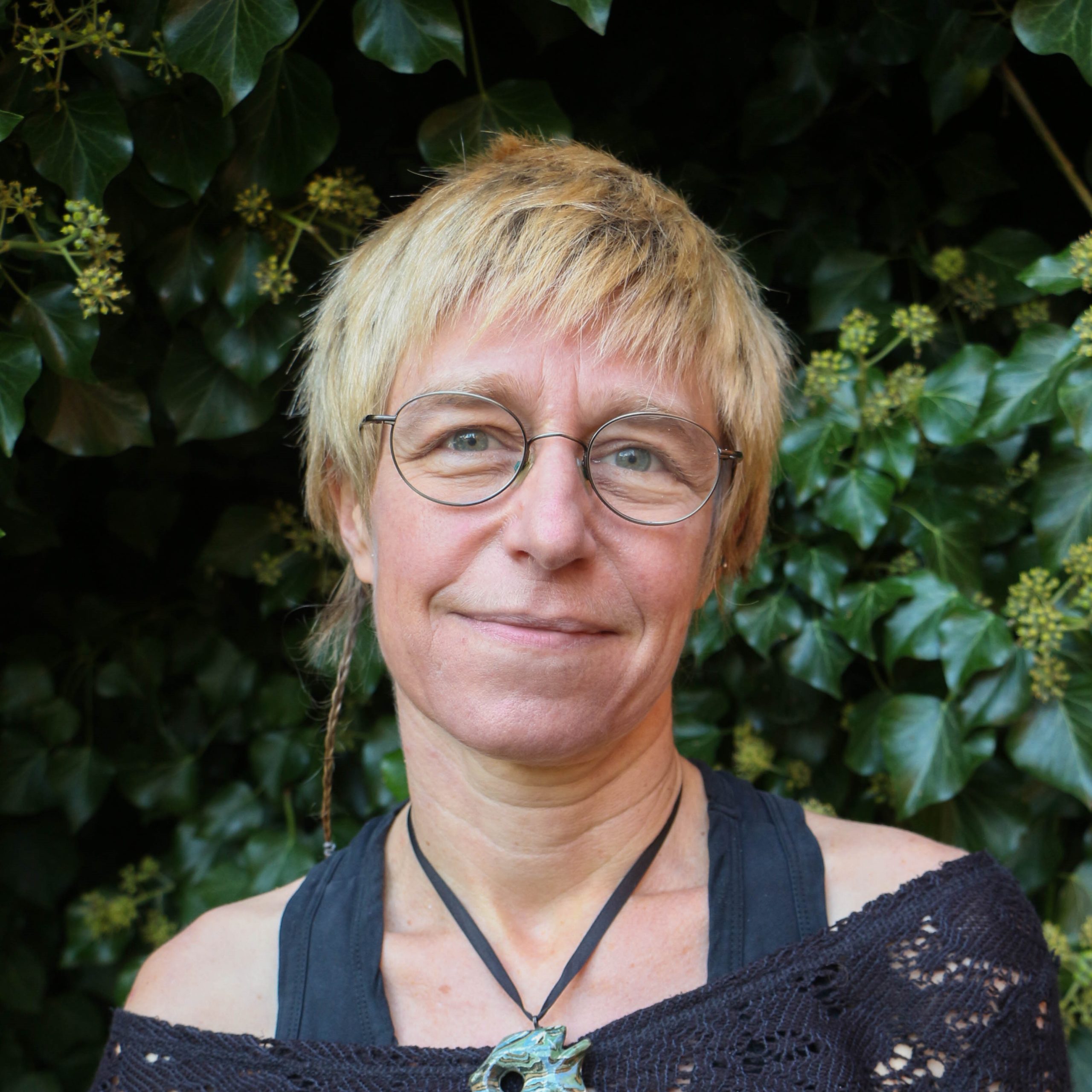
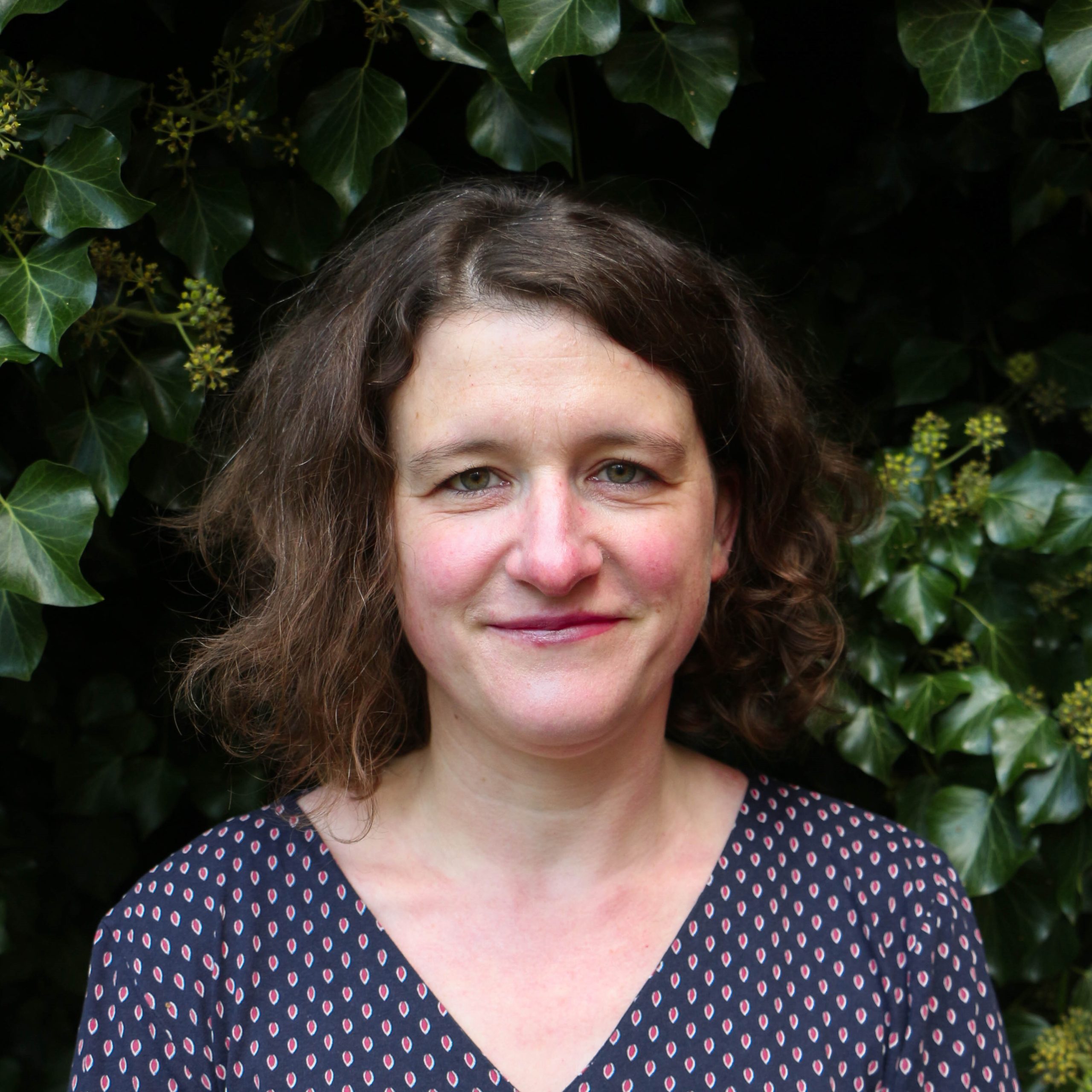


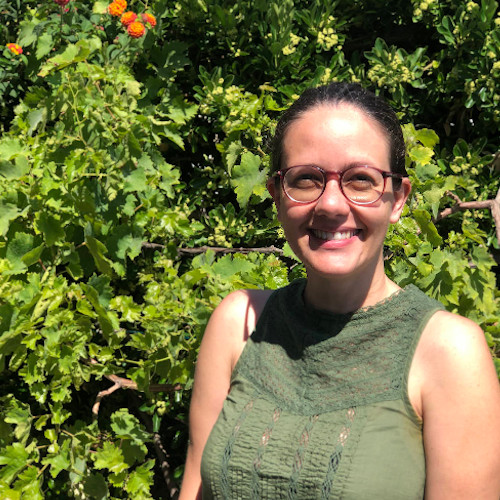

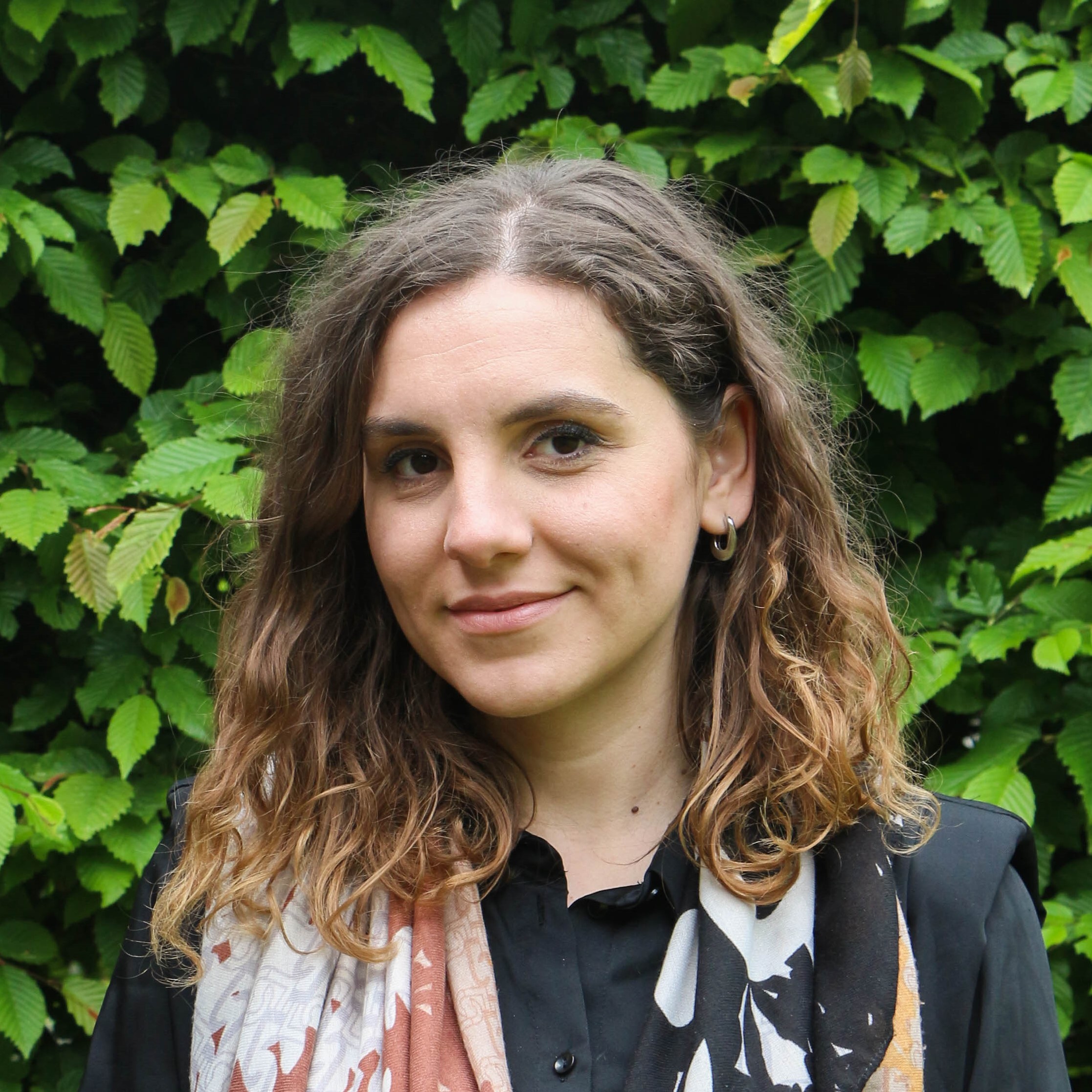
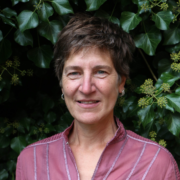
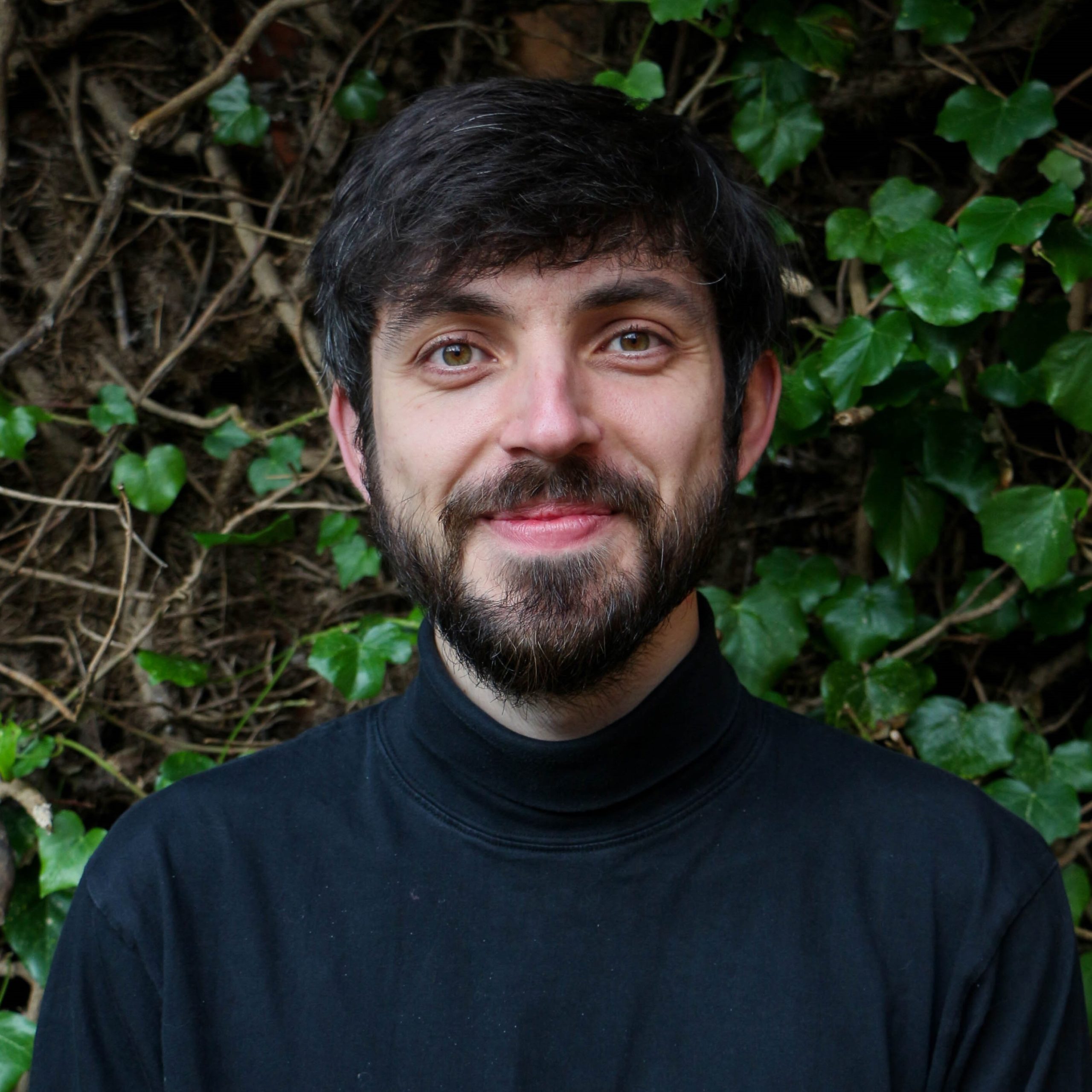


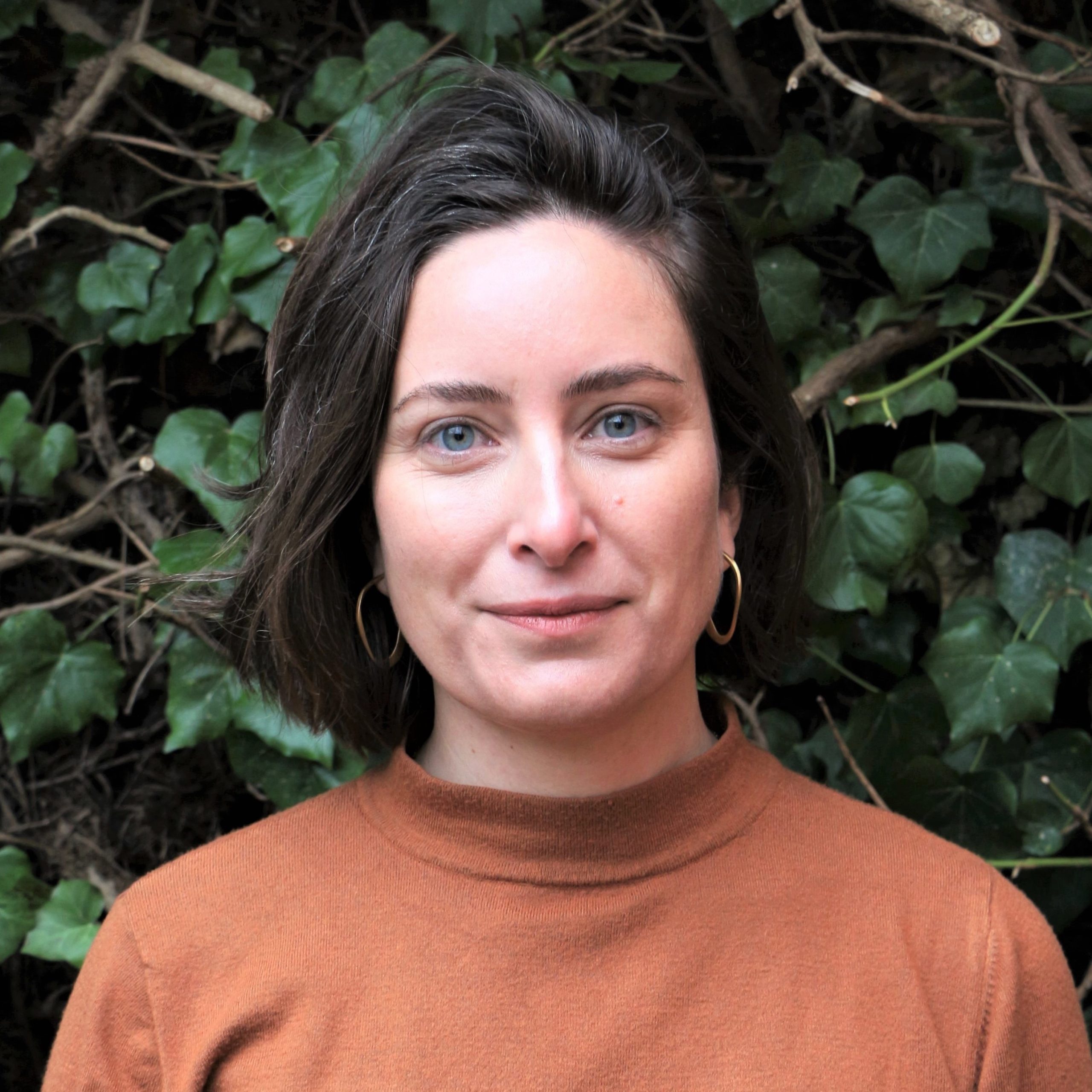


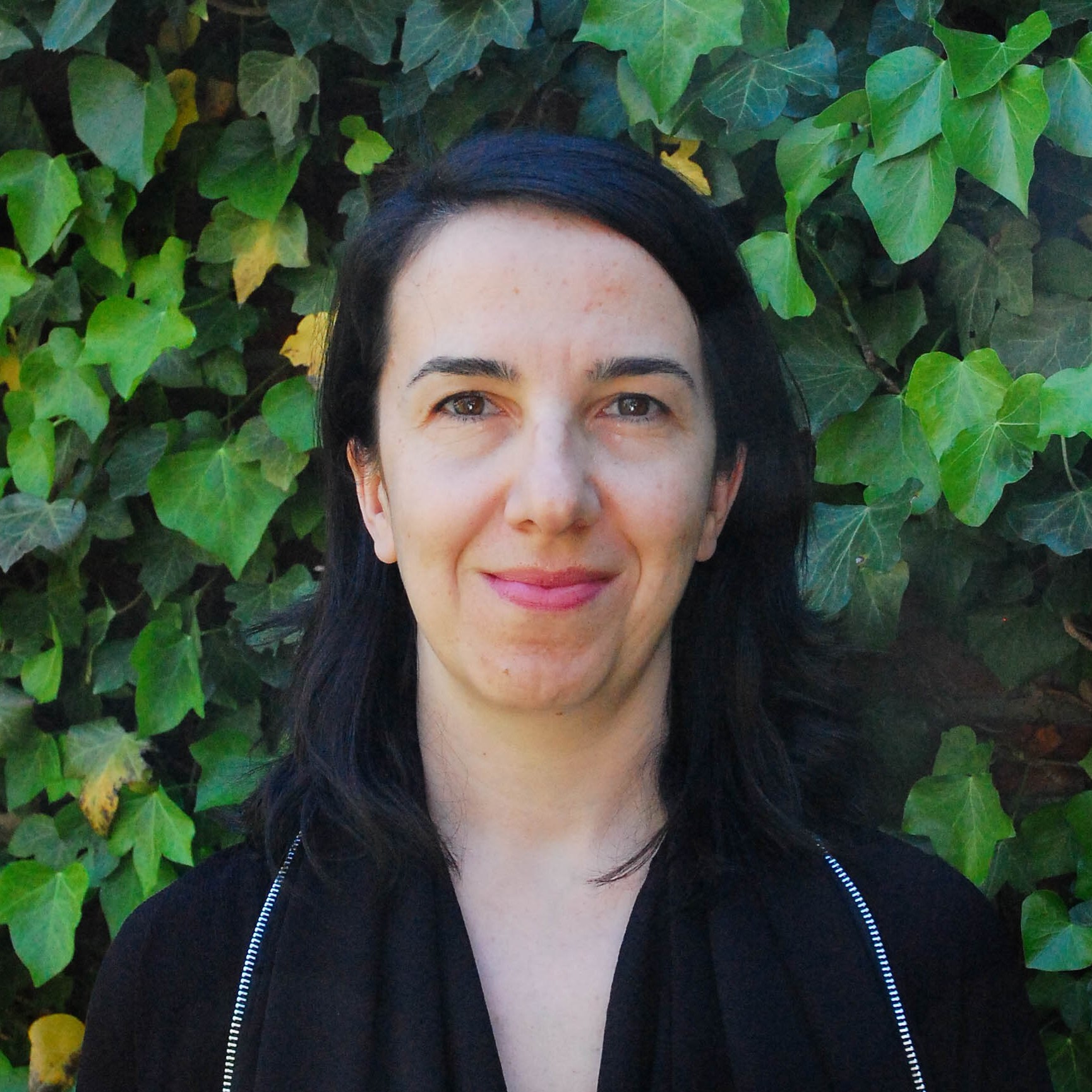

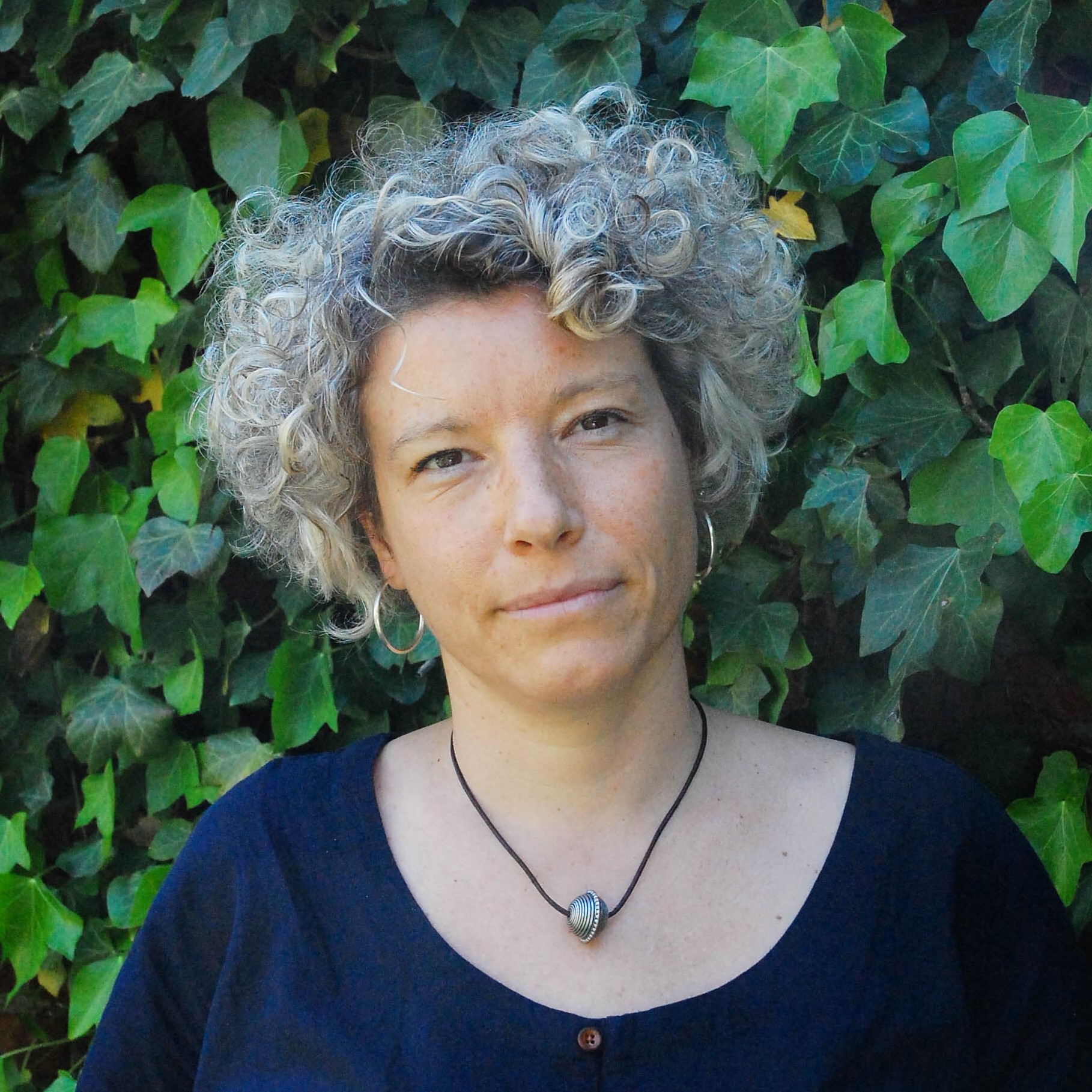
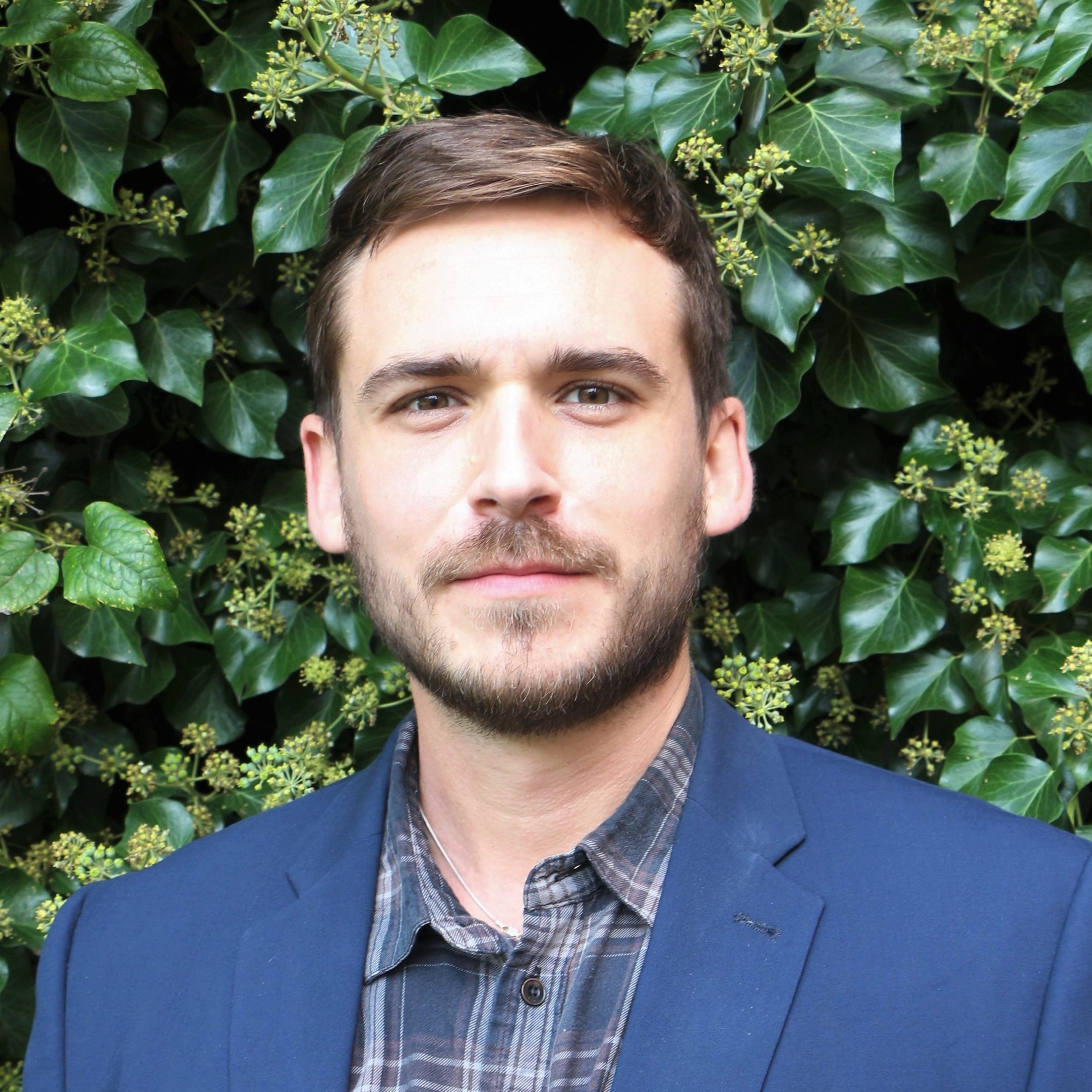

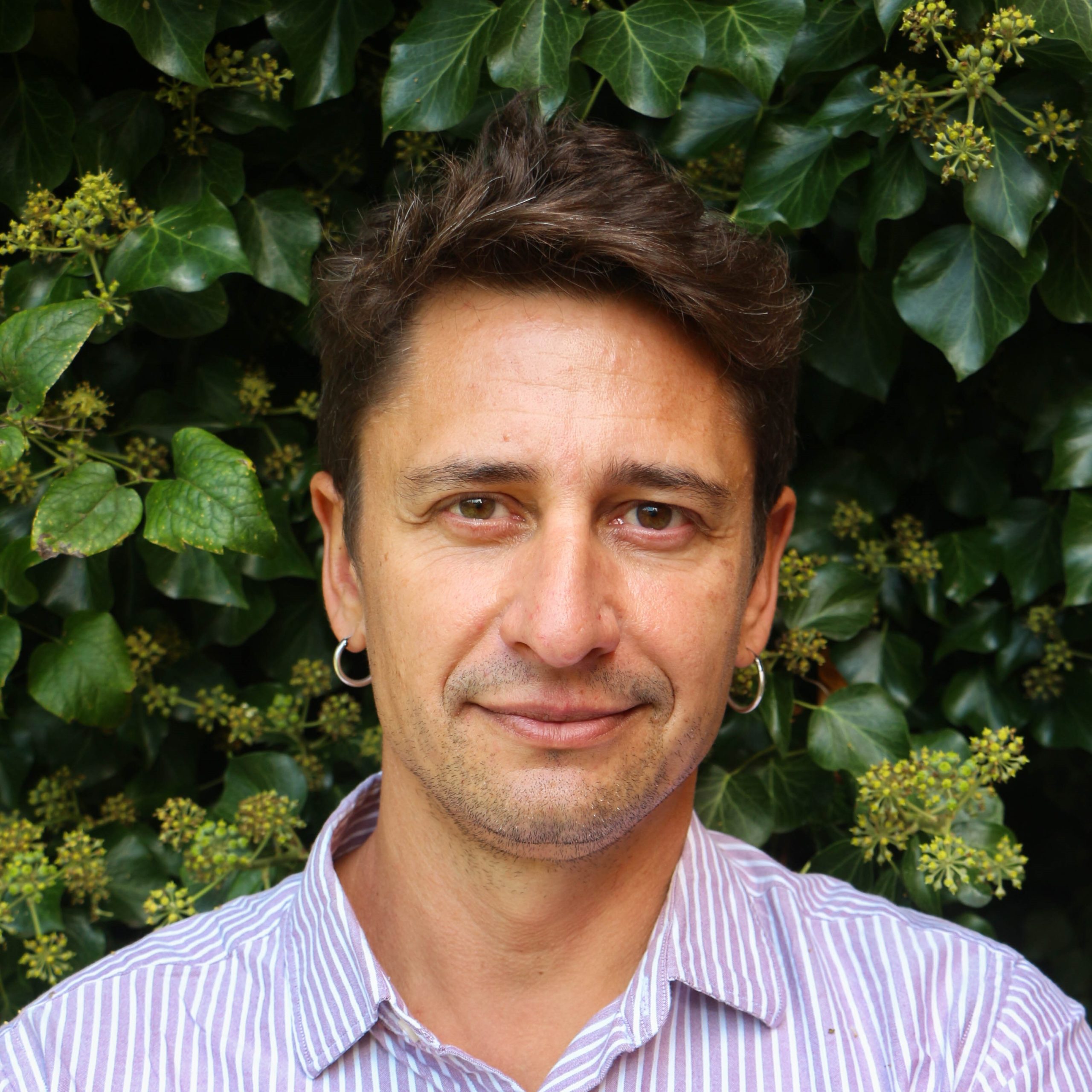


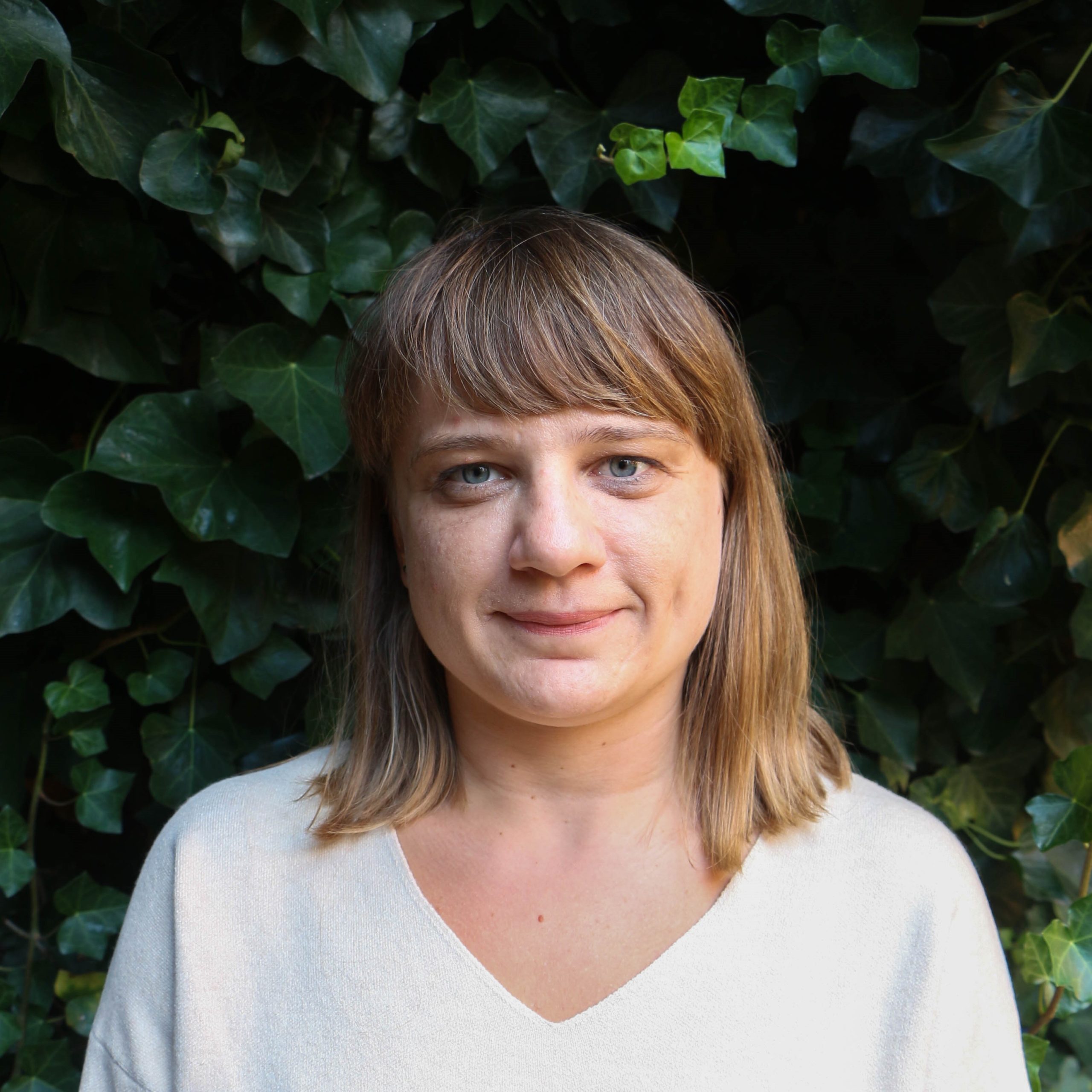

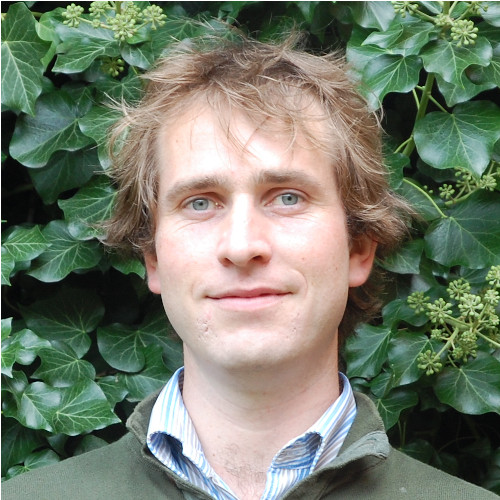
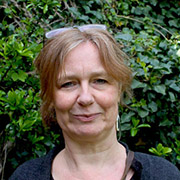


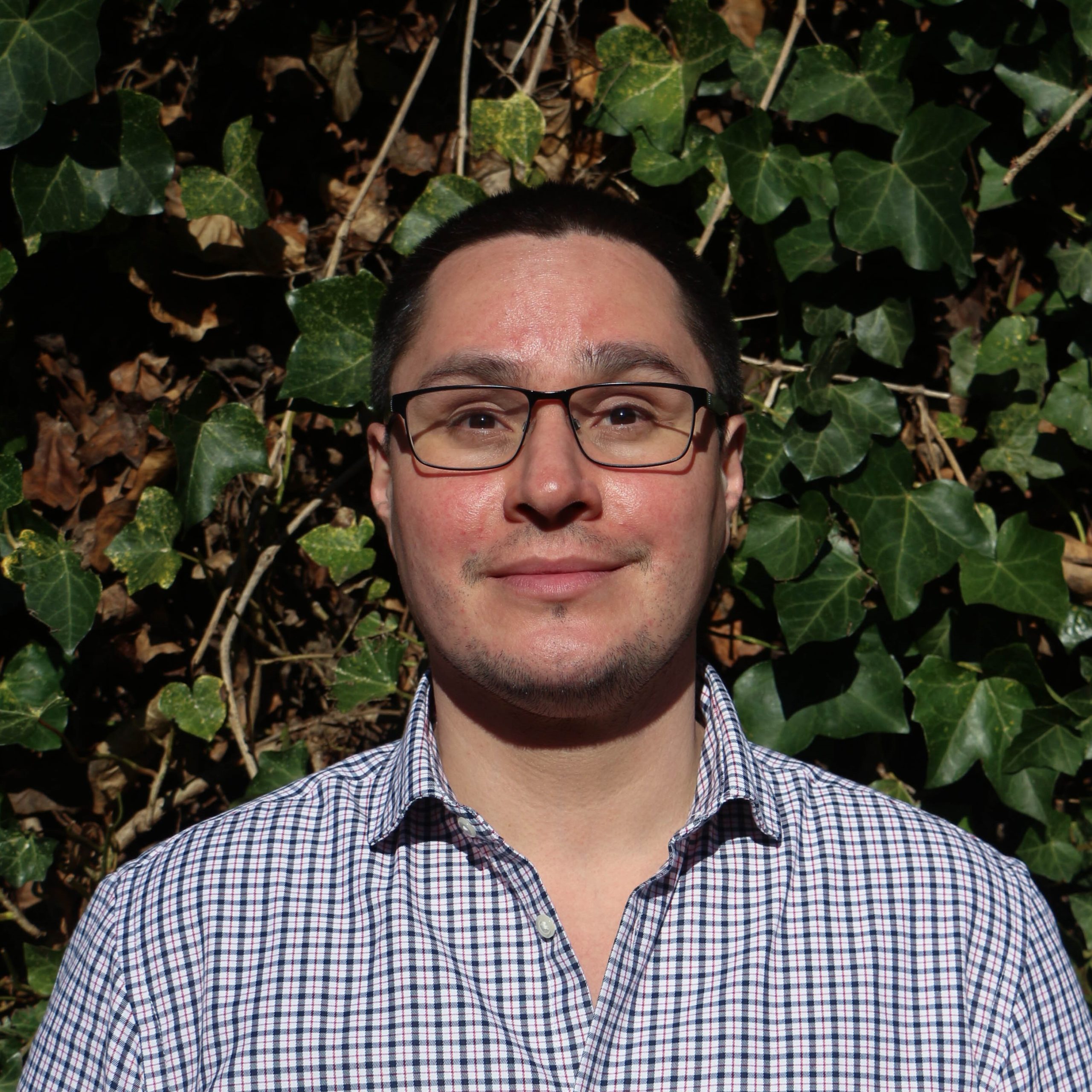

We also gratefully thank the following staff members that helped us implement our work in 2022, but have since left us:
We would also like to thank our interns who joined the team in 2022
In June 2022, CAN Europe set up a Management Team in order to ensure the smooth running and management of CAN Europe’s Secretariat and Network. The team has concrete objectives to 1) strengthen information sharing across departments and teams (internal communication); 2) improve collective strategising and implementation of activities; 3) guide prioritising and de-prioritising of objectives and workstreams. The Management Team is made up of:
CAN Europe strongly supports the phase out of coal by both hosting the ‘Europe Beyond Coal’ campaign secretariat and by integrating the coal debate in our regular policy work as well as by supporting our members and allies in Turkey and the Western Balkans through CAN Europe’s coal team.
In 2022, ‘Europe Beyond Coal’ transitioned towards a broader campaign focus, ‘Beyond Fossil Fuels’, launching in 2023 with the objective to free us from all fossil fuels and transition to a renewables-based European electricity sector.
With over 180 member organisations active in 38 European countries, representing over 1,700 NGOs and more than 40 million citizens, CAN Europe promotes sustainable climate, energy and development policies throughout Europe.
CAN Europe is a regional node of Climate Action Network, the world’s largest environmental network with over 1,700 Non-Governmental Organisations (NGOs) active in more than 130 countries, driving collective and sustainable action to fight the climate crisis and to achieve social and racial justice by convening and coordinating civil society at the UN climate talks and other international fora.
CAN Europe members work to achieve this goal through joint actions, information exchange and the coordinated development of NGO strategy on international, regional, and national climate issues. CAN Europe members place a high priority on both a healthy environment and development that “meets the needs of the present without compromising the ability of future generations to meet their own needs” (Brundtland Commission).
CAN Europe’s vision is to protect the atmosphere while allowing for sustainable and equitable development worldwide.
CAN Europe Headquarters
Mundo B
Rue d’Edimbourg 26
1050, Brussels
Belgium
Tel: +32 (0) 28944670
CAN Europe empowers civil society organisations to influence the design and development of effective climate change policy in Europe, both in the European Union as well as in its Member States and in European countries outside the EU.
© Copyrights 2025. All Rights Reserved.